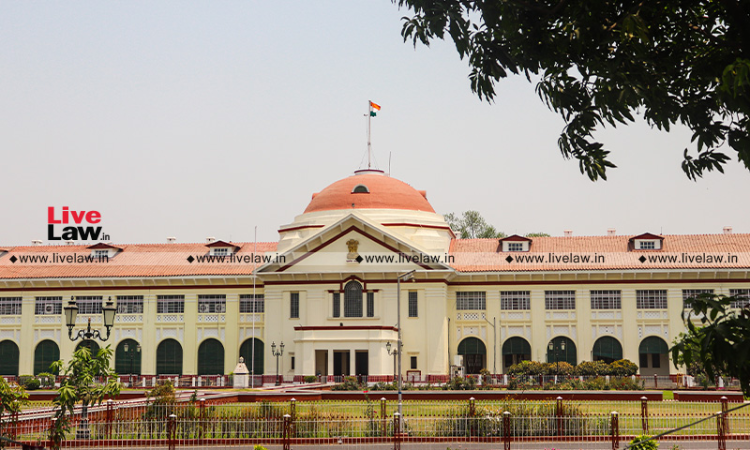'No Reason To Interfere With The Levy Of Tax On The Sale Of 'Korai'': Patna High Court
Bhavya Singh
12 Jan 2024 1:45 PM IST

Next Story
12 Jan 2024 1:45 PM IST
In a recent ruling, the Patna High Court has upheld the imposition of tax on the sale of 'Korai,' a processed by-product used as cattle feed.The decision came in response to two appeals by M/s Raj Kumar Sao Kishori Lal Sao, a partnership engaged in the purchase, processing, and sale of food-grains, pulses, and related by-products.The court's observation emphasized that there was no evidence...
